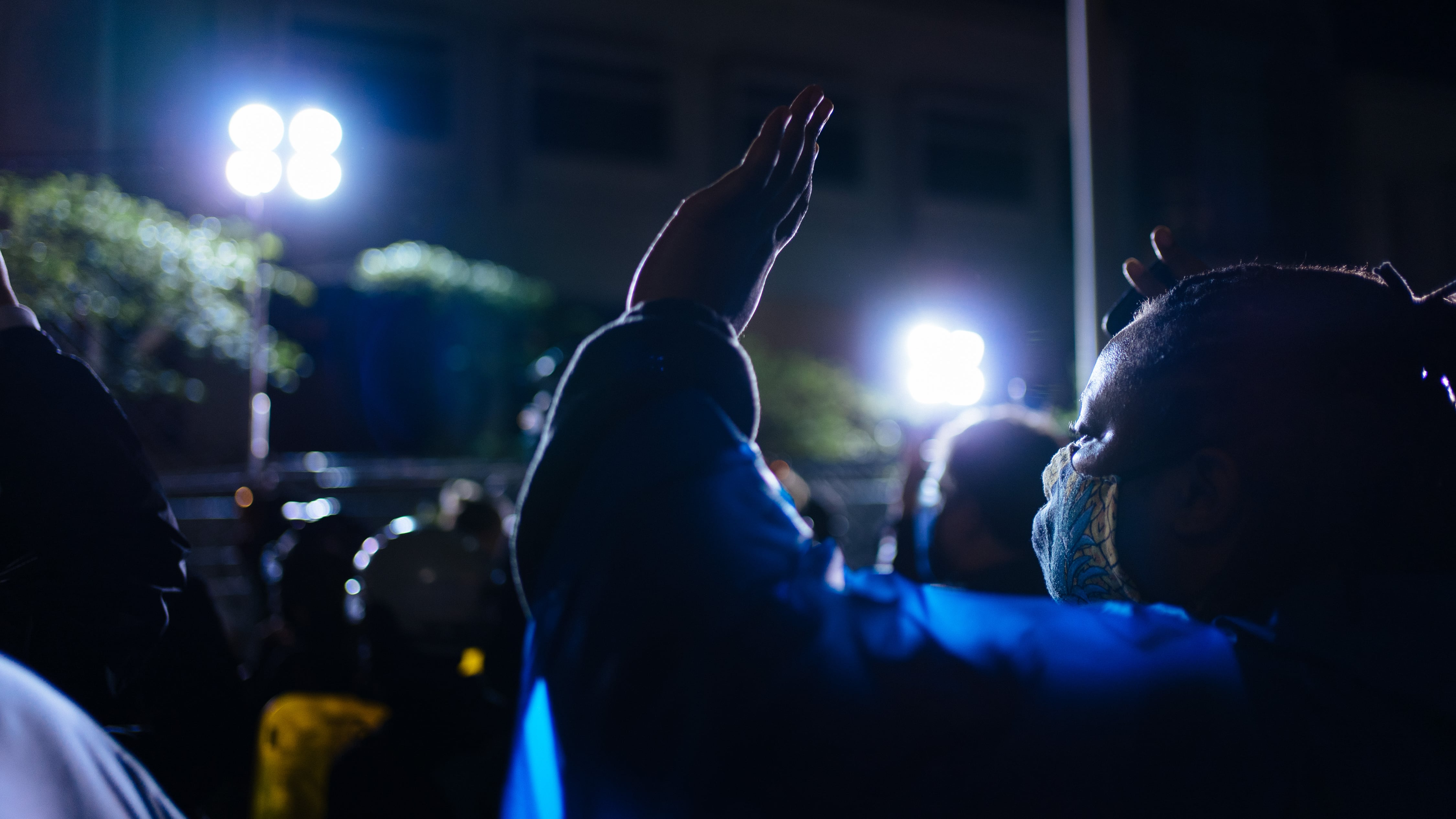Five members of Oregon's congressional delegation are calling on the U.S. Marshals Service to disclose information about airplanes surveilling protesters in Portland and potentially mining their cellphone data.
U.S. Sens. Ron Wyden and Jeff Merkley, and Reps. Suzanne Bonamici, Earl Blumenauer and Kurt Schrader signed onto a June 24 letter demanding the Marshals Service disclose information about an airplane that circled above Portland over 30 times on June 13 as thousands of protesters marched on the streets below.
A June 15 report from WW first raised concerns about the aircraft, a Cessna plane, which is registered to a company previously linked to the U.S. Marshals Service. An agency spokesman declined to tell WW if the plane belonged to the Marshals.
But now Oregon lawmakers are calling for transparency. In their letter, they gave the U.S. Marshals Service a July 17 deadline to disclose whether or not the Marshals Service owns the aircraft, who authorized its 3-hour flight above the city, and what surveillance tactics were used.
"Many Oregonians who have protested are justifiably concerned that their participation in these lawful protests will be logged, recorded and used against them later by the government," the lawmakers wrote. "As such, Congress has a responsibility to investigate these reports and make sure that the government's powerful surveillance tools are under close supervision of the courts and that Americans' rights are being protected."
If the U.S. Marshals Service was using the plane to surveil protesters, it wouldn't be entirely surprising.
The agency for years has used spying technology, known as cell site simulators (CSS) or "dirtboxes," equipped to Cessna airplanes to mine cell phone data from anyone in the plane's scope. However, as the delegates' letter notes, the technology was initially created for overseas surveillance.
"This is an invasive, dragnet surveillance tool, which intrudes into the homes and devices of thousands of innocent people each time it is used," the lawmakers wrote. "While such large-scale invasions of privacy might be justified in order to protect the public from imminent harm, the decision as to when to conduct bulk surveillance using a technology that intrudes on the privacy of so many innocent people must be made by independent courts and not the government."

